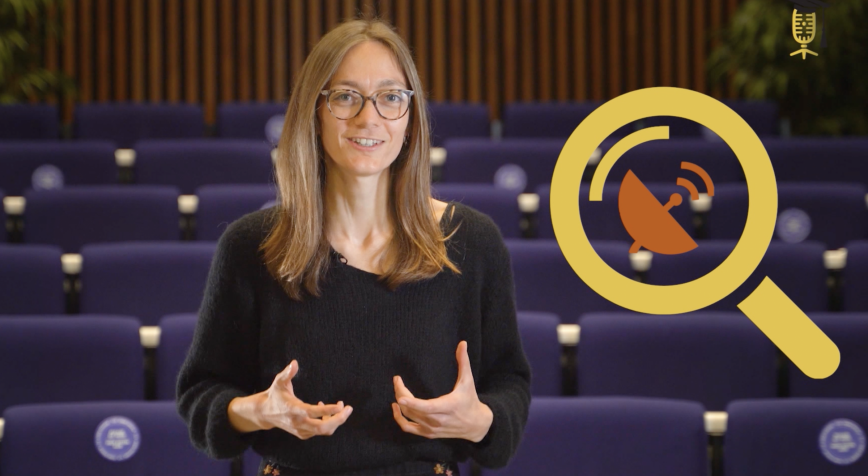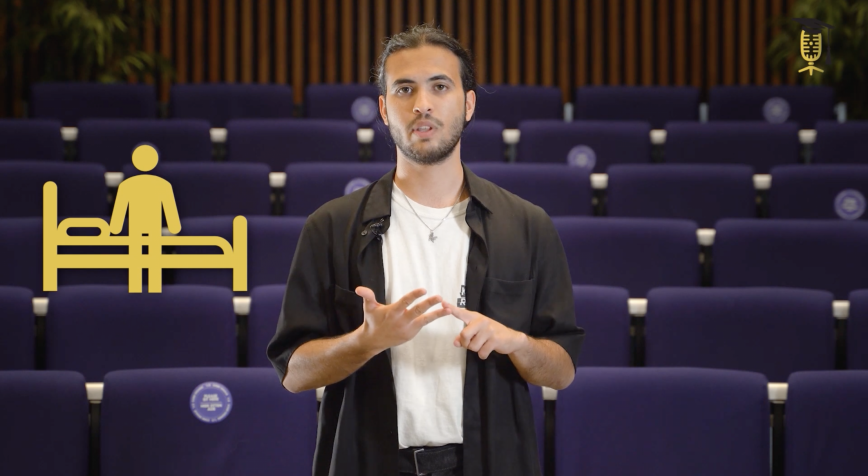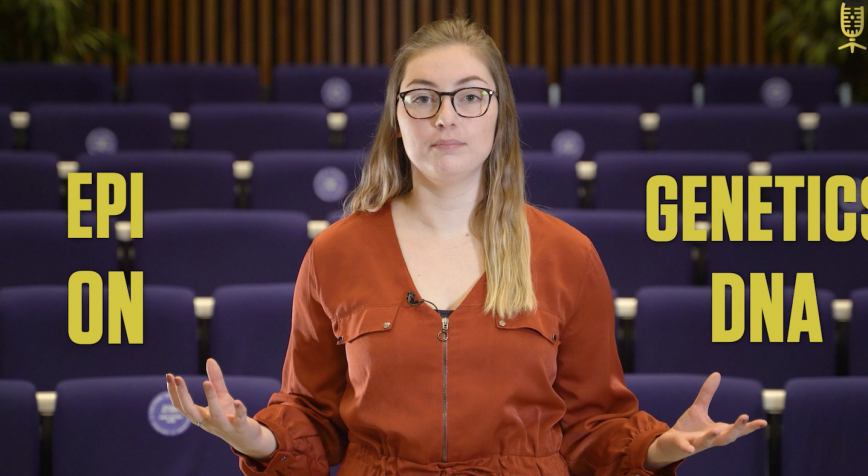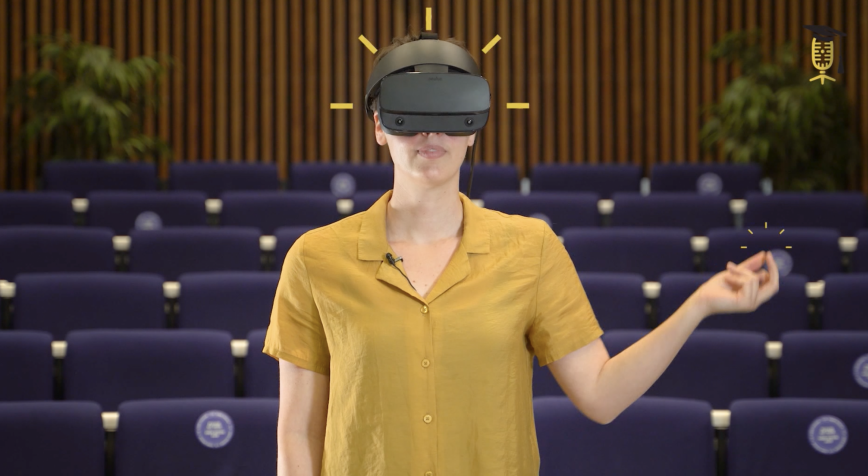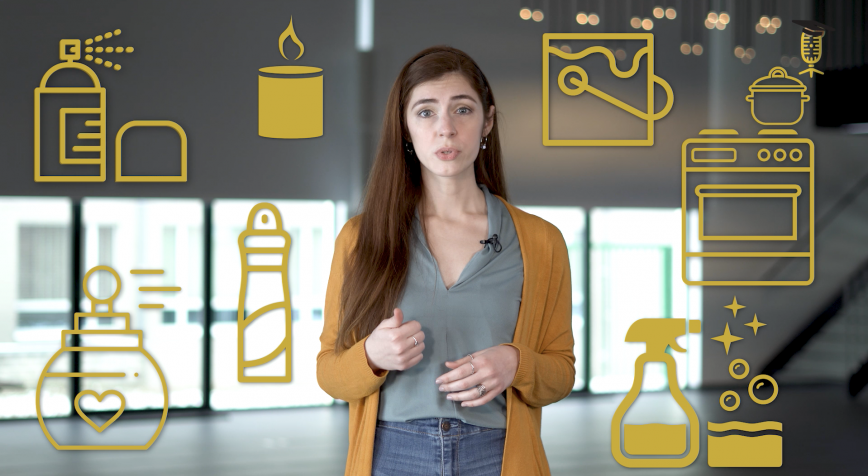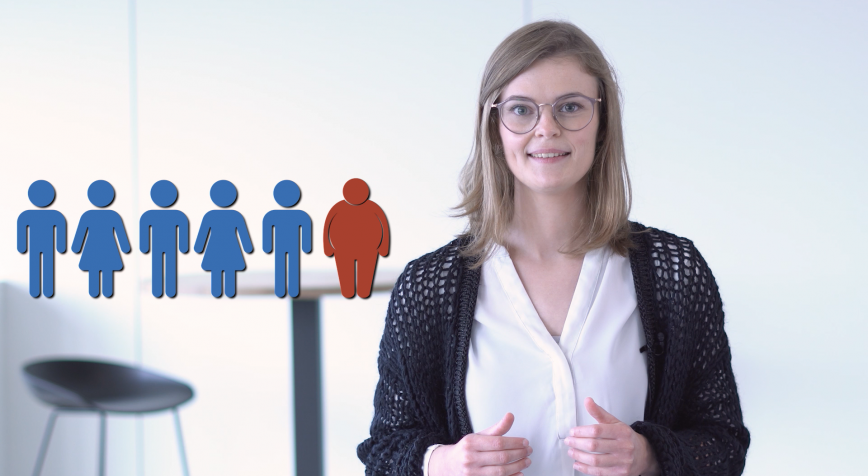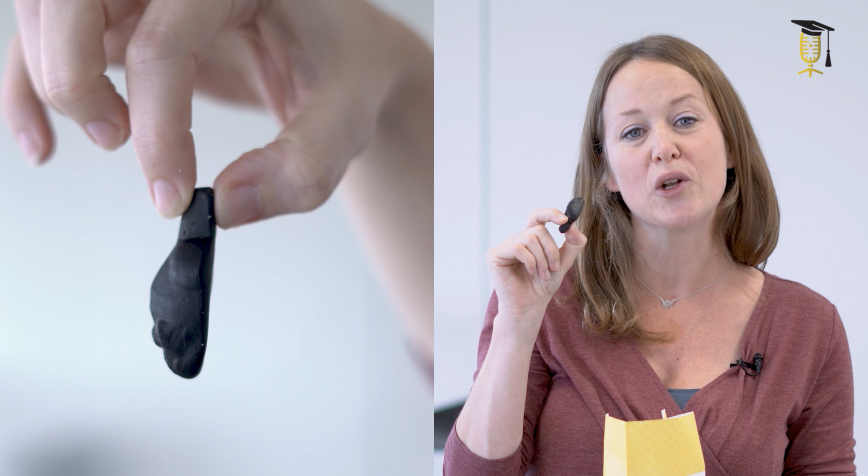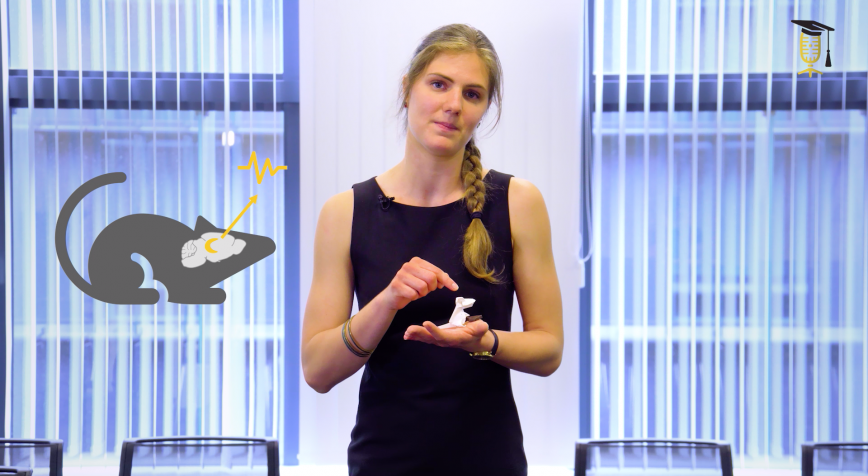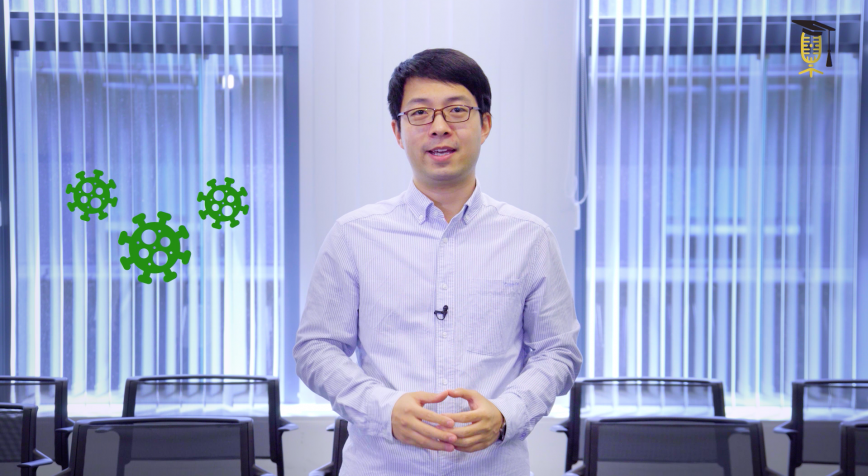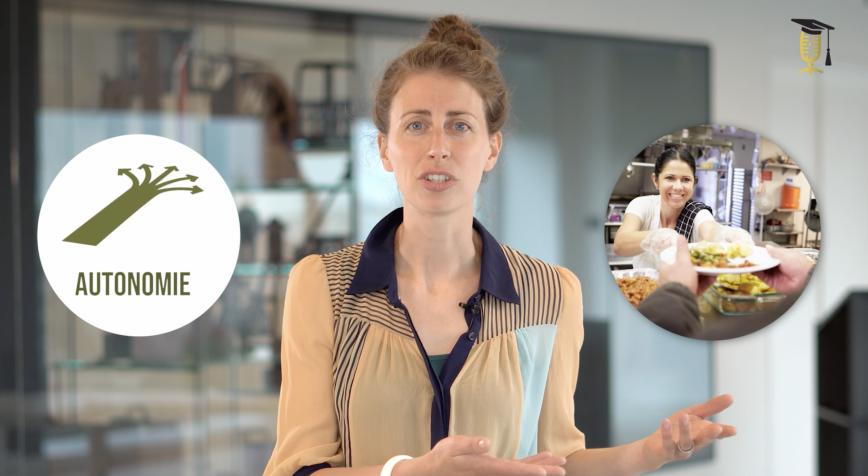
FWO
UGent
Lifecraft: training to manage your own happiness
Did you know that besides basic physical needs, such as sleeping and eating, you also have basic psychological needs? You will not die immediately if these psychological needs are not fulfilled, but it can make you very unhappy. Daphne van den Boogaard explains what these needs are and how you can train to manage your own happiness.
